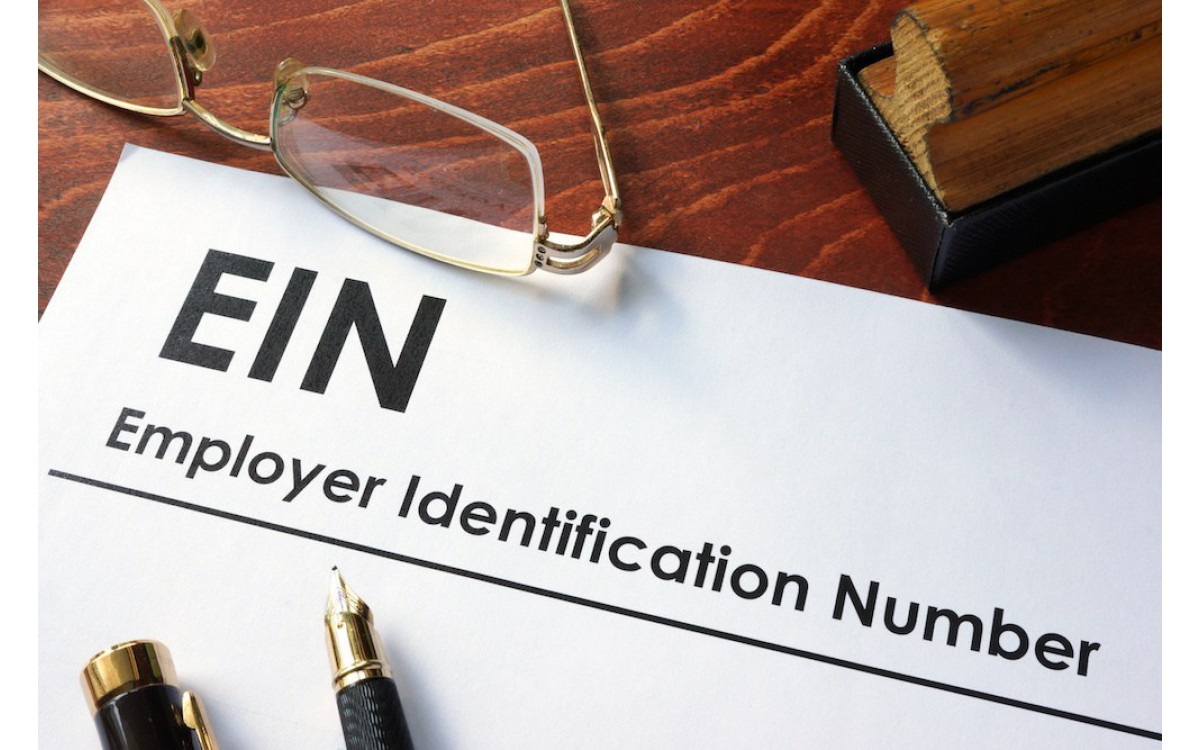Much
like a Social Security number for individual taxpayers, an Employer
Identification Number — also called a Federal Tax Identification Number — is
how the IRS identifies your company. Business owners use their EINs to conduct
activities that would otherwise require a Social Security number.
According
to the IRS, your business must have an EIN if any of these criteria apply:
- You have
employees;
- Your
business operates as a corporation or a partnership;
- You withhold
taxes on income other than wages paid to a nonresident alien;
- You have
a Keogh Plan; or
- You’re
involved with certain organizations listed on the IRS website.
Beyond
filing taxes, you may also need an EIN to:
- Open a bank
account in the name of your business;
- Apply for a
credit card in the name of your business;
- Apply for
business permits; or
- Furnish
independent contractors a Form
1099. (Check with your accountant or tax professional.)
Another
reason you may want an EIN: privacy. For example, if you are a contractor who
works with a large number of clients, disclosing your Social Security Number
may expose you to personal identity theft. Instead, apply for and provide an
EIN. This won’t eliminate your chances of falling victim to identity theft, of
course, but it will likely keep the thief from accessing your personal
accounts.
In most cases, if you
apply Monday through Friday between 7 a.m. and 10 p.m. local time, you will
receive your EIN immediately. (You may also apply by fax or mail by
completing Form SS-4 .)
While applying for an EIN, the
IRS requires that you disclose the name and taxpayer ID number (SSN, TIN, or
EIN) of the person who’s responsible for the business. This should be the
company’s principal officer, owner, trustor, general partner, or grantor and is
similar to a registered agent for a state entity.
Once the EIN is assigned, it belongs to the registered
business. According to the IRS, even if the number is never used to file a federal tax return, it may
not be reassigned to another business. It will never be canceled, either, but
the IRS will close the account upon request. Later, the responsible party may
re-open the account by writing to the IRS.









